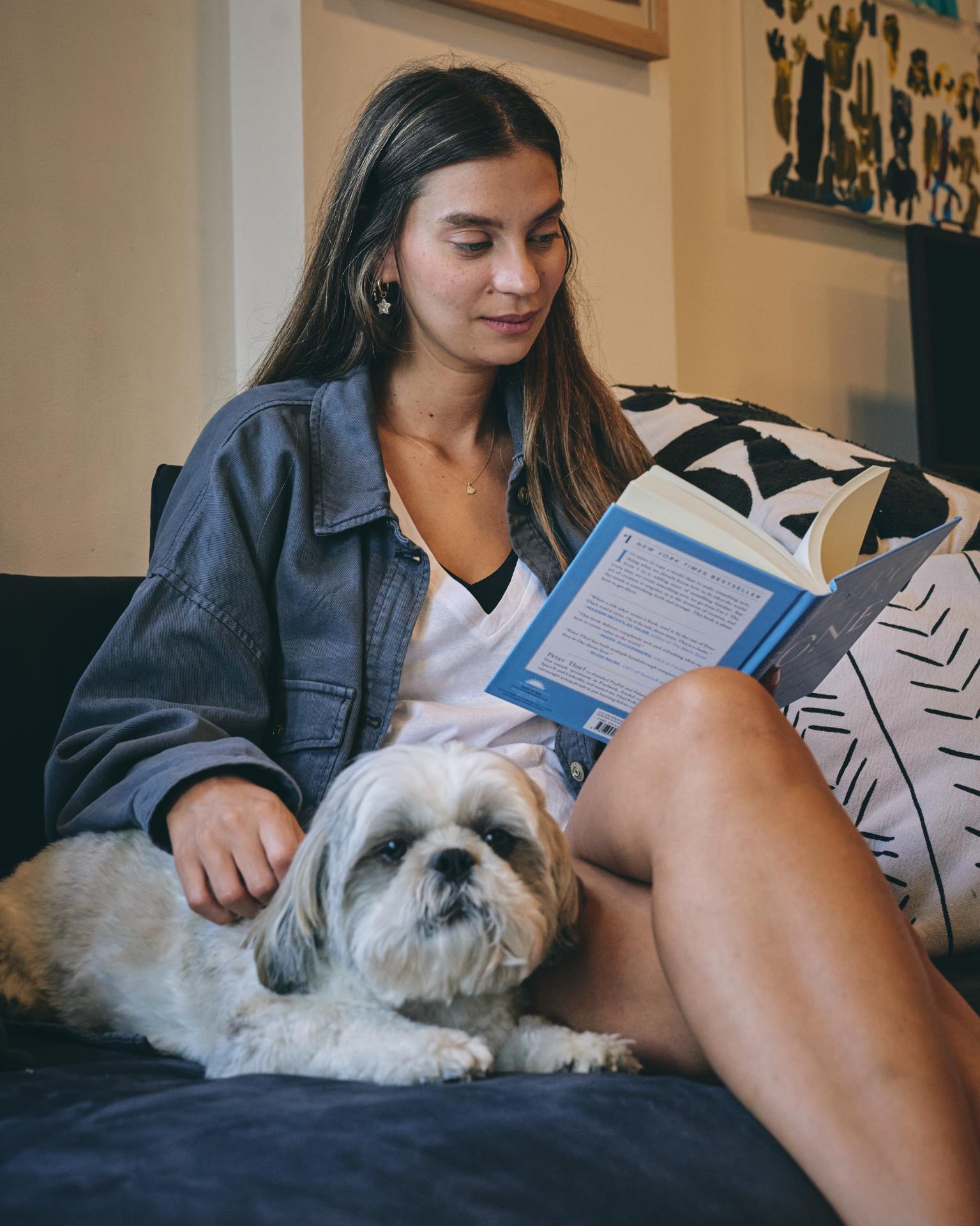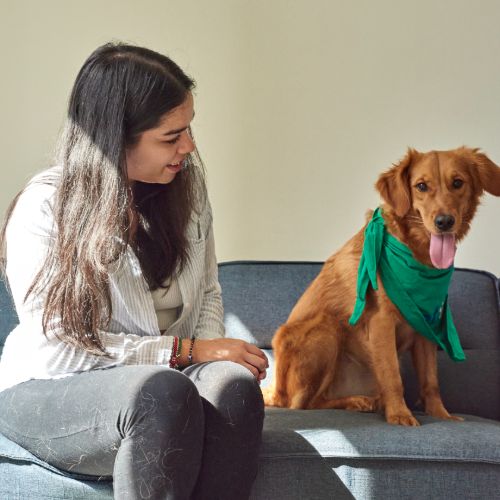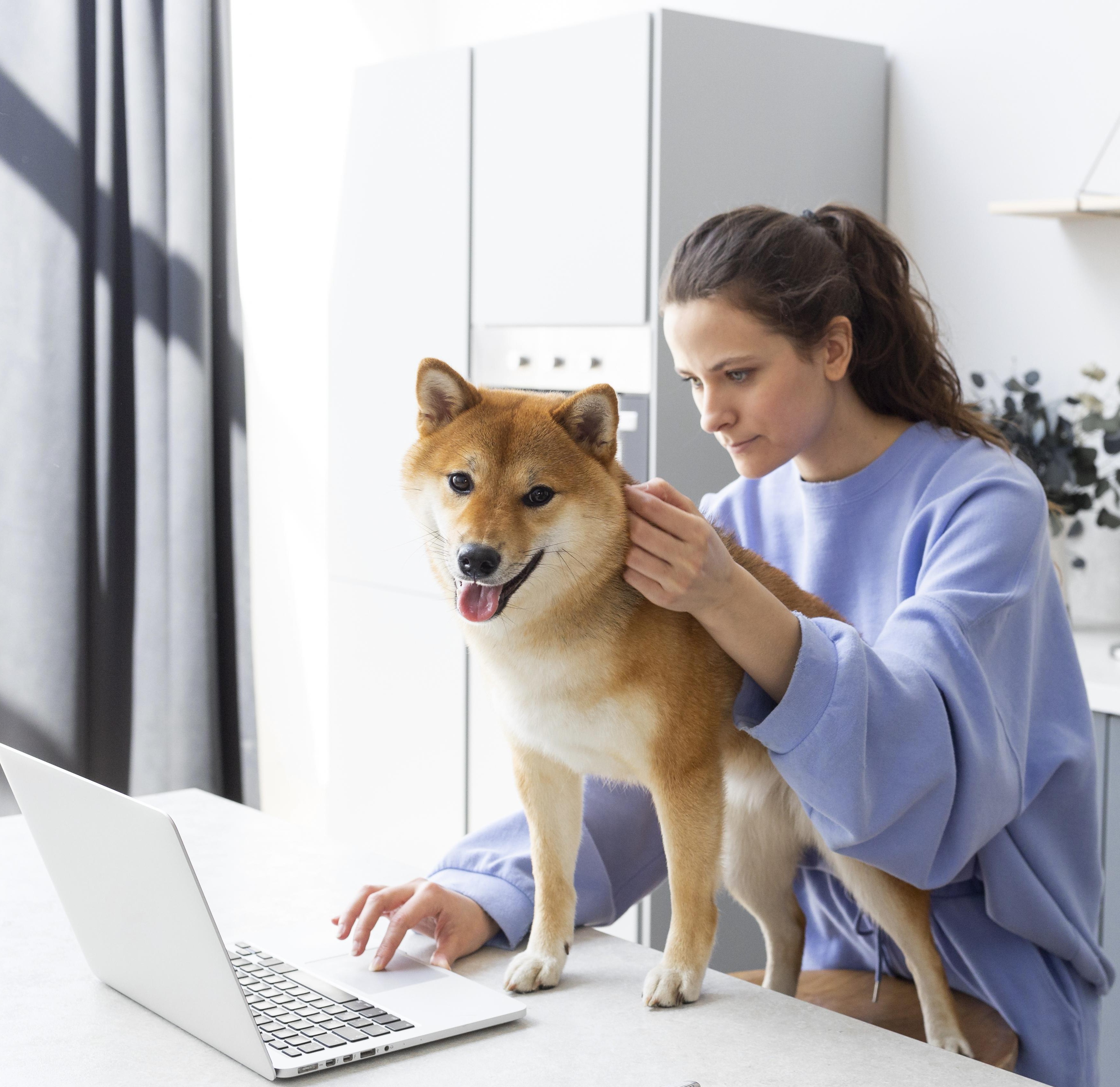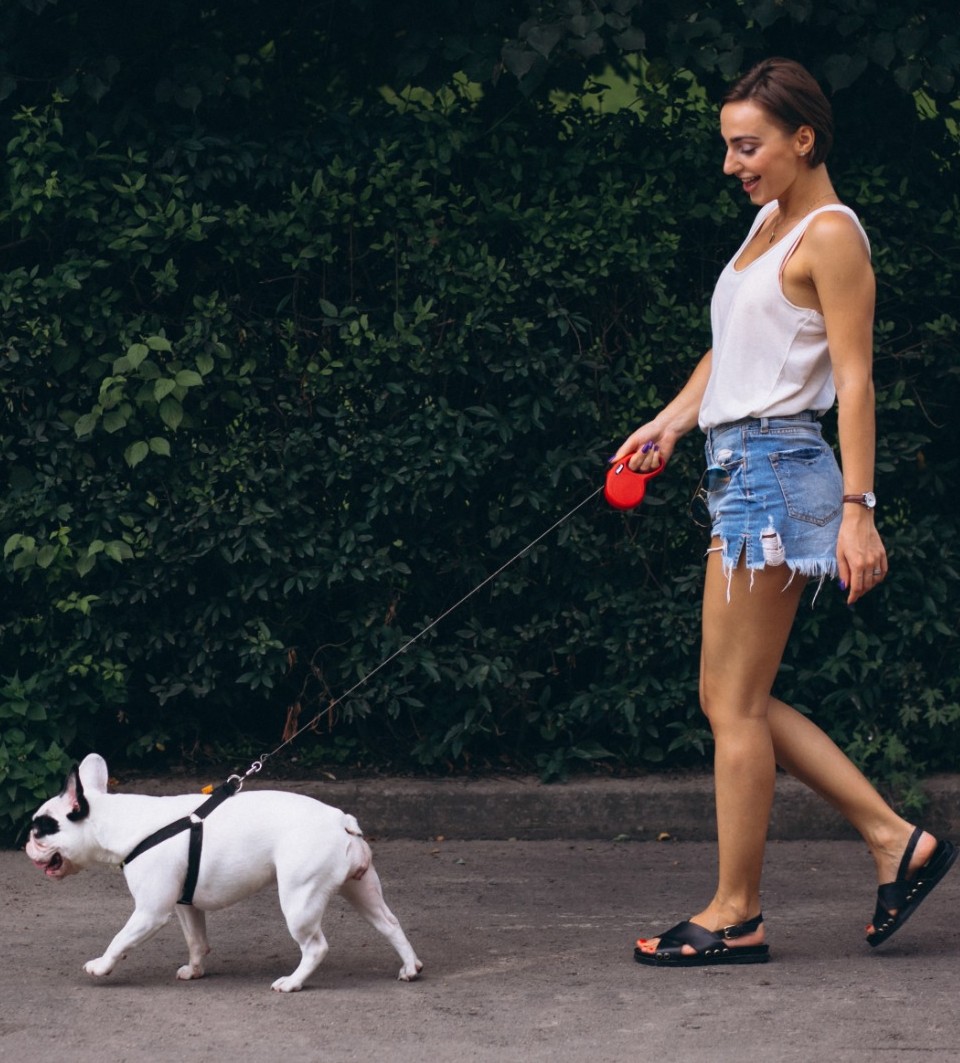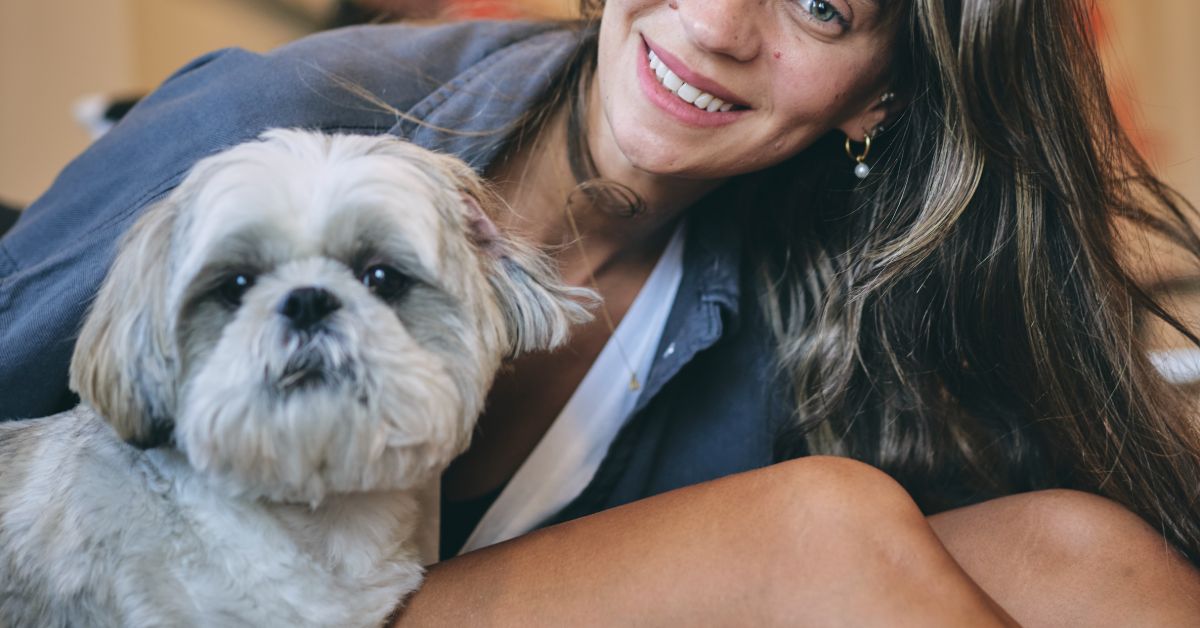
21 February 2025
|PetBae
Understanding Dog Growling: What Pet Parents Need to Know
Dog growling can be confusing, but understanding why dogs growl can help you communicate better with your furry friend—especially when they're in a new environment, such as during dog boarding or pet sitting with PetBae.
Why Do Dogs Growl?
Dogs use growling as a way to communicate. It’s not always a sign of aggression—it can indicate fear, stress, or even excitement. Observing your dog's body language and the situation they’re in will help you determine what their growl means.
Types of Dog Growls and What They Mean
- Playful Growling: This type of growl is soft and rumbly, often accompanied by loose, wiggly body movements. You might hear it during a fun game of tug-of-war or when your dog is playfully interacting with other dogs during dog boarding or a pet sitting session.
- Fear-Based Growling: If your dog growls in a low, guttural tone and shows stiff, tense body language with direct eye contact, they may be scared. This is common when dogs encounter unfamiliar places, like a new boarding environment, or meet new people and dogs.
- Stress-Induced Growling: A low, rumbly growl paired with tense posture and pacing can indicate stress. Changes in routine, such as staying in a new place while you're away, might cause temporary stress, making it crucial to choose a comfortable and trusted dog boarding service in Dubai.
- Pain or Fear Growling: A harsh growl with avoiding behavior—like turning away or resisting touch—can mean your dog is in pain. If your dog starts growling suddenly, especially when touched, consult a vet.
- Resource Guarding Growling: If your dog growls while protecting their food, toys, bed, or even their favorite human, they may be displaying resource-guarding behavior. This is a natural instinct but should be managed carefully with training.
Common Reasons Dogs Growl
- Fear: Loud noises, unfamiliar dogs, or sudden movements can make dogs anxious.
- Territorial Behavior: Dogs may growl to protect their space, toys, or people.
- Pain or Illness: If your dog suddenly growls when touched, they might be experiencing discomfort.
- Desire for Alone Time: Some dogs growl when they want space—especially when resting or sleeping.
- Frustration: If a dog can’t reach something they want, they may growl out of frustration.
- Playfulness: Dogs often growl during fun interactions, signaling excitement rather than aggression.
How to Respond to Growling
If your dog growls, avoid punishing them. Instead, follow these steps:
- Give Them Space: Stop what you're doing and allow your dog to calm down.
- Stay Calm: Your reaction can influence their behavior—avoid responding with stress or frustration.
- Redirect Their Attention: Encourage them to focus on something else, like a toy or treat.
- Reward Positive Behavior: When they relax, offer treats or praise to reinforce calm behavior.
- Seek Professional Help: If growling persists or escalates, consult a vet or a dog behaviorist for guidance.
When to Get Professional Help
If your dog's growling is frequent, unpredictable, or accompanied by aggression, a vet visit is essential to rule out health concerns. A certified trainer or veterinary behaviorist can help with behavior modification to ensure a positive experience for both you and your pet.
Trust PetBae for Safe and Stress-Free Dog Boarding in Dubai
At PetBae, we understand dog behavior and provide a stress-free environment for dog boarding in Dubai. Our experienced pet sitters ensure your pup feels comfortable, safe, and happy while you’re away. Whether you need dog boarding or expert pet sitters, PetBae is here to help!
Book a trusted dog boarding service today with PetBae and give your furry friend the care they deserve!



